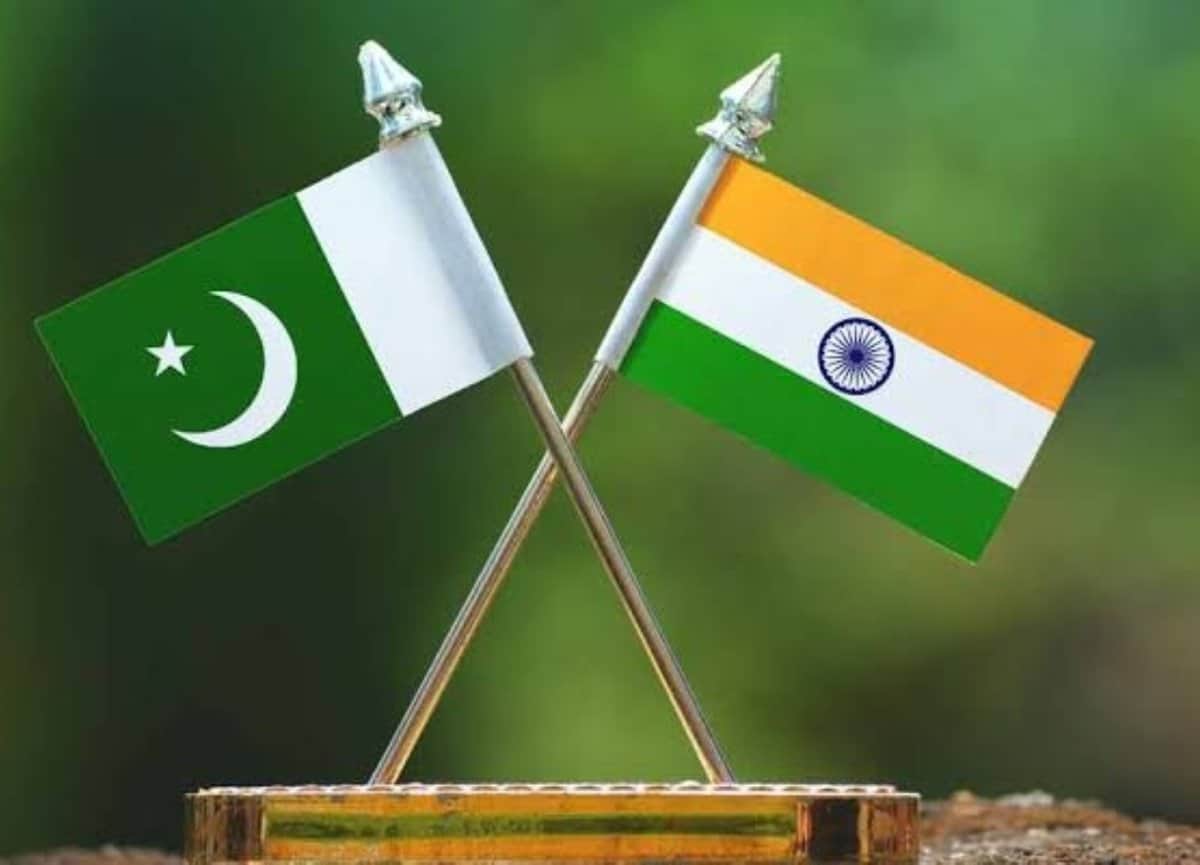
Islamabad: In response to a recent statement from India’s Ministry of External Affairs holding Pakistan responsible for failing to create an environment free of terror and hostility for talks, Islamabad has now put the onus on New Delhi to create a favourable atmosphere for dialogue and peace in the region.
Pakistan Foreign Office (FO) spokesperson Mumtaz Zahra Baloch Mumtaz Zahra Baloch stated that “dialogue was important between Pakistan and India in an environment, which is free of coercion and free of belligerence that India continues to demonstrate in the region”.
The FO’s statement comes in response to the Indian Ministry’s recent comments on Prime Minister’s Shehbaz Sharif’s speech, in which he said that Pakistan was ready to talk to its neighbour “provided that the neighbor is serious to talk on serious matters, because war is not an option”.
“Pakistan believed in a peaceful neighborhood and wanted peace with all its neighbours on mutual and in conformity with international law,” said Mumtaz Baloch.
“The comments of the prime minister reaffirm this position. We also believe dialogue is important between Pakistan and India in an environment which is free of coercion and free of belligerence that India continues to demonstrate in the region. We believe the ball is in India’s court to create an environment for peace and dialogue.”
Pakistan and India have been engaged in cross accusations against each other, blaming one another for failing to meet the requirement and prerequisites for the peace talks.
Experts say both sides have gained their respective political mileages in the past and want to continue doing so in the future as well.
“Be it India or Pakistan, both sides and their respective governments have gained major mileage in their political standings in front of their supporters and votes in the past,” senior political analyst Javed Siddique said.
“The hatred among the two countries has overpowered any hope and wish for peace or any similar initiative undertaken through a considerate decision by both parties. This is why foreign external intervention, to pressure both sides to sit across the table becomes part of a foreign policy campaign.”
Sadly, the counter statements from both sides has been an ongoing practice for years, which now, for many has gained a reputation of being rhetoric and of symbolic value, limited to statements only.



